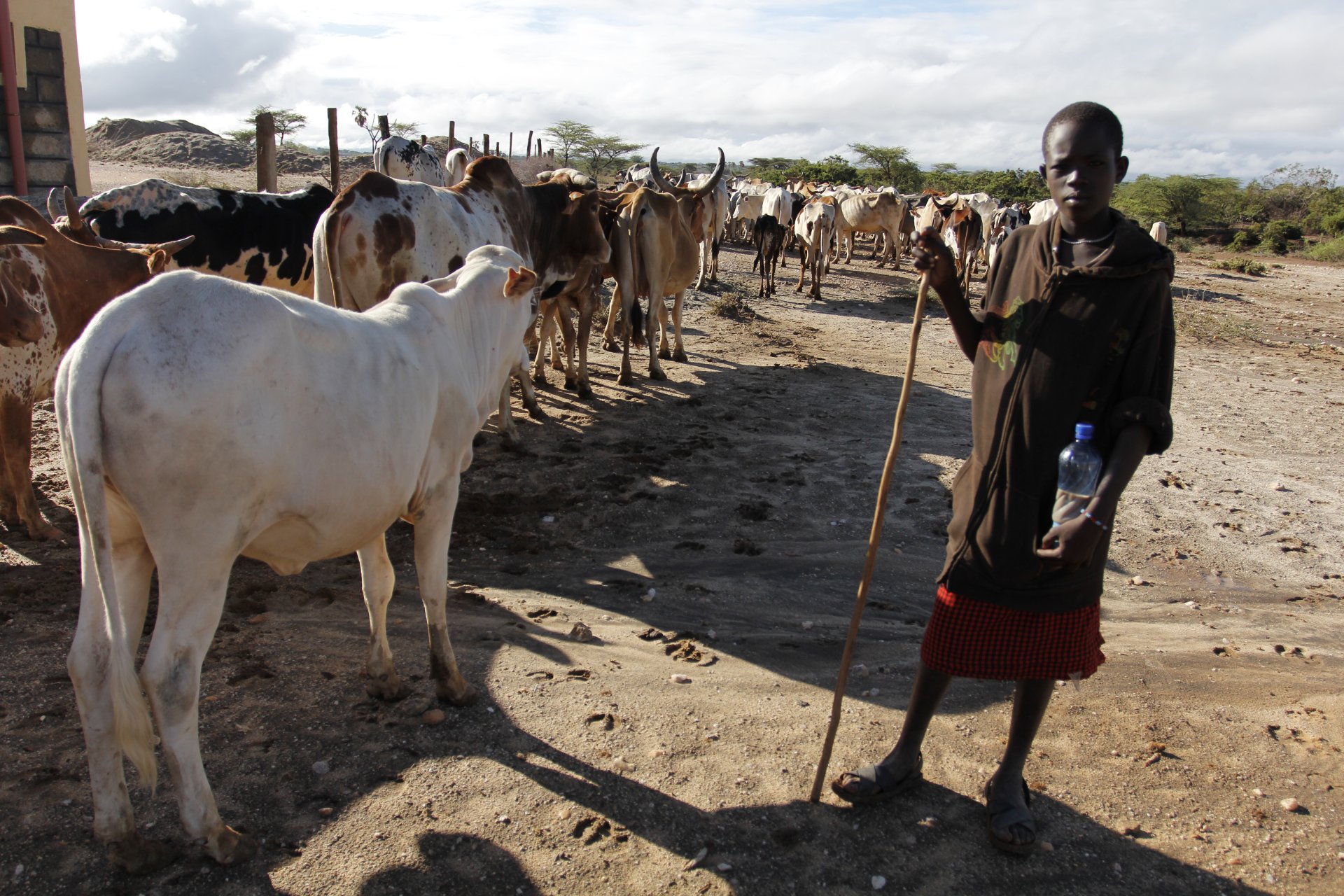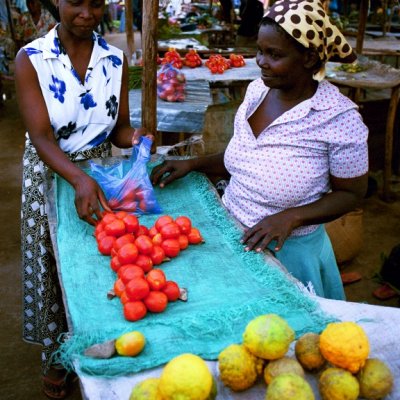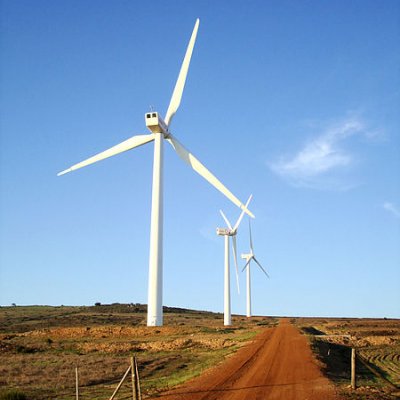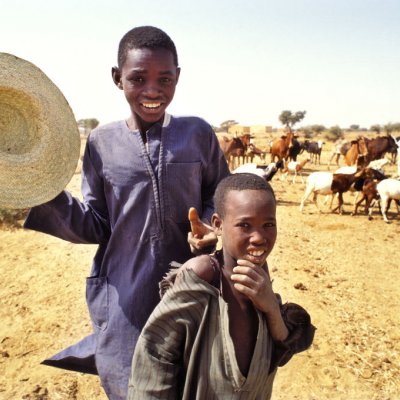Sub-Saharan Drylands - Towards enhanced resilience [NDF C37]
 Photo: Edward Harris
Photo: Edward Harris
The study will focus on pastoralist groups in the Sahel and Horn of Africa and support novel approaches to quantify and map drivers of vulnerability in drylands, and is expected to provide a comprehensive overview of the options for climate-resilient, low-carbon development in these resource poor areas.
REGION
Africa
PROJECT REFERENCE
NDF C37
DURATION
2013 to 2017
NDF FINANCING
EUR 0.5 million
FINANCING TYPE
Grant
IMPLEMENTING AGENCY
The World Bank
NDF CONTACT
info@ndf.int
OBJECTIVE
The NDF financed study will form part of the planned flagship report on drylands in Sub-Saharan Africa. The broader aspects of drylands development will be considered in the flagship report, which will take a comprehensive, multi-sectoral view of the longer term development prospects for drylands areas. Topics to be covered in the flagship report include: (i) current and likely future characteristics of drylands environments; (ii) features of vulnerability and resilience at the household level; (iii) interventions showing potential to improve the productivity and resilience of productive systems (including livestock production systems, agriculture, tree-based systems); (iv) benefits of adopting landscape approaches; (v) the potential contribution of markets and trade; and (vi) the role of social protection programs including safety nets.
The NDF finance will focus on pastoralists and livestock systems:
-
Analyse the current patterns of vulnerability to climate shocks of different livestock dependent groups;
-
Quantify the feed resource base as the key vulnerability driver for livestock dependent households;
-
Assess the impact of future climate change on dry lands livelihood systems (with a particular focus on livestock-based systems);
-
Model the impact of practices that can enhance the resilience of various livestock dependent livelihood groups to current climate variability, including the potential to promote low carbon, climate-resilient development via Payment for Environmental Services (PES) schemes; and
-
Support stakeholder consultation, outreach and dissemination of the findings of the report to different audiences.
FINANCING
Total cost of the project will be USD 1.825 million, of which NDF will provide EUR 0.5 million, and World Bank USD 1.175 million.
Project completed in June 2018. Actual disbursed amount EUR 492,479.47.
NDF CONTACT
info@ndf.int
MORE INFORMATION
Confronting Drought in Africa’s Drylands: Opportunities for Enhancing Resilience, World Bank 2016
Prospects for Livestock-Based Livelihoods in Africa's Drylands, World Bank 2016



